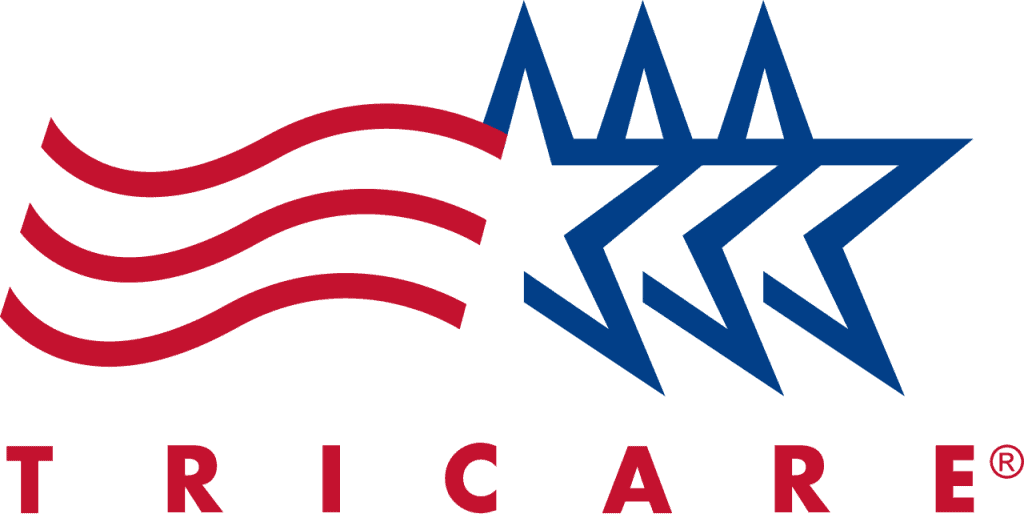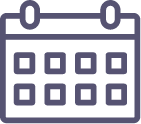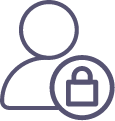Online IOP: Virtual Intensive Outpatient Program
Personalized program for adults & teens
Get Started
"*" indicates required fields
Flexible program usually around 4-12 weeks in length
Choose from morning, midday, or evening therapy sessions
Save on travel, childcare, eldercare, and other expenses
A program made for your schedule, needs and life goals
- Your program is catered to you: We treat mental health disorders like depression & anxiety, addictions or a combination through dual diagnosis.
- Small group sessions to help and learn: Share your experience and learn from others to grow stronger together.
- A Recovery Coach by your side: Get help from someone who’s overcome your situation and wants to help.
- We fit into your schedule: Choose from morning, afternoon, and evening sessions.
- Get help with family & relationships: If you need, get help building back your close relationships.
Keep up with life while getting better
Modern Recovery’s online IOP program meets you wherever you are to get you the help you need. This virtual intensive outpatient option offers participants the following benefits:
Convenience
- Our online IOP is ideal for those whose work, school, family, or travel obligations make it difficult to attend in-person treatment sessions.
Accessibility
- Our virtual program is accessible to anyone with an internet connection—even to those who live far from a rehab center or therapist’s office or who have a physical disability.
Continuity
- For those who recently completed an inpatient or PHP-level program but still need additional support, our IOP offers seamless continuity of care.
We’re in-network and accept insurance
Online therapy covered by insurance does exist. Modern Recovery works with leading insurance providers across the United States to bring you quality mental health treatment that’s both accessible and affordable.




Our Program Features
Our online intensive outpatient program really is intensive and as effective as traditional IOP programs with the added benefits of greater privacy and convenience and reduced costs.

Dedicated recovery coaches
When you need guidance and support, our recovery coaches are always just a phone call or message away.

Flexible schedules
Schedules that fit your lifestyle. Choose from 3-hr morning, midday, or evening sessions, 3 or 5 days per week.

Masters-level therapists
Participants have ongoing weekly support meetings with our specialized licensed therapists.

Medication management
In cases where clients are prescribed medications, we monitor and reconcile them to ensure desired outcomes.

Better accessibility
Get treatment regardless of your physical location/disability. Eliminate travel, childcare, and other expenses.

Discreet and confidential
Receiving treatment from your own home adds a level of privacy that in-person treatment simply can’t offer.
Sometimes therapy alone isn’t enough.
Our goal is to support your life goals and responsibilities by offering:
- Group therapy
- Individual therapy
- Recovery coaching
- Online family therapy
- Medication management
- Psychiatric consultations
- Academic support & vocational training
- Case management
- Aftercare and extended care
Speak with someone who gets it
FAQs about Virtual IOP
Receive a call, text or email
SEND US A MESSAGE
"*" indicates required fields